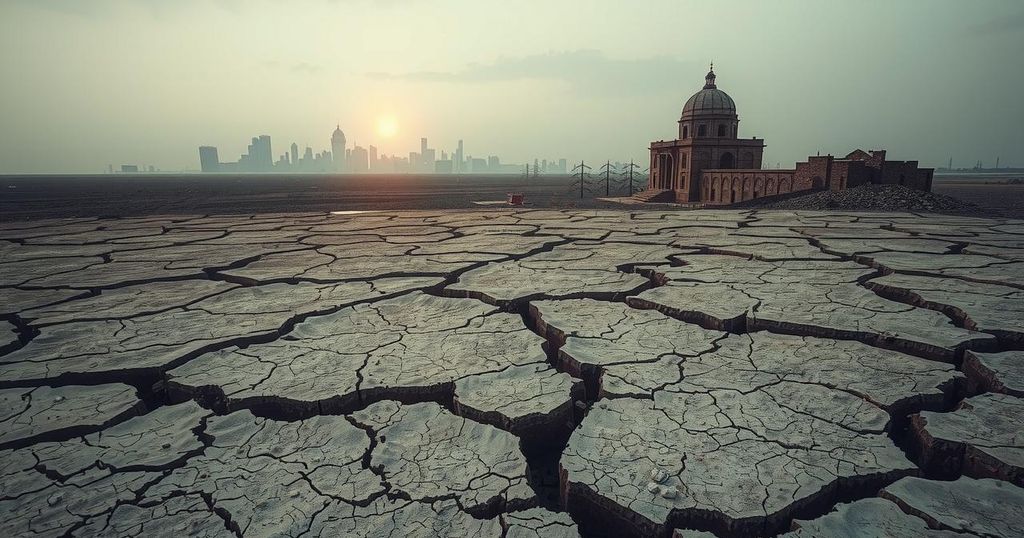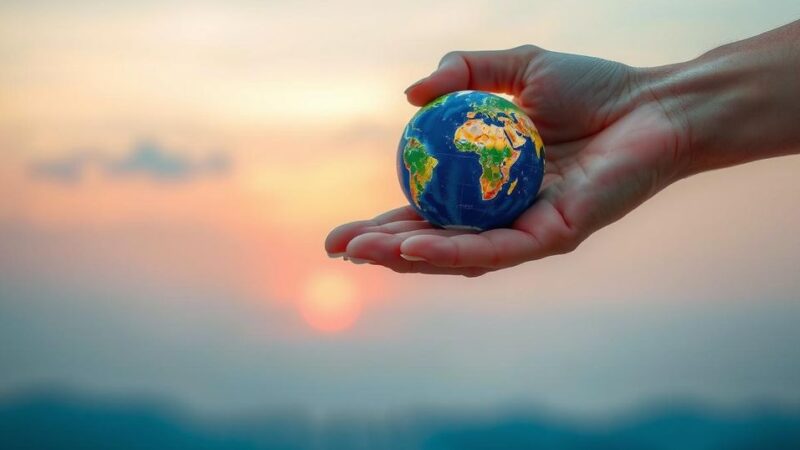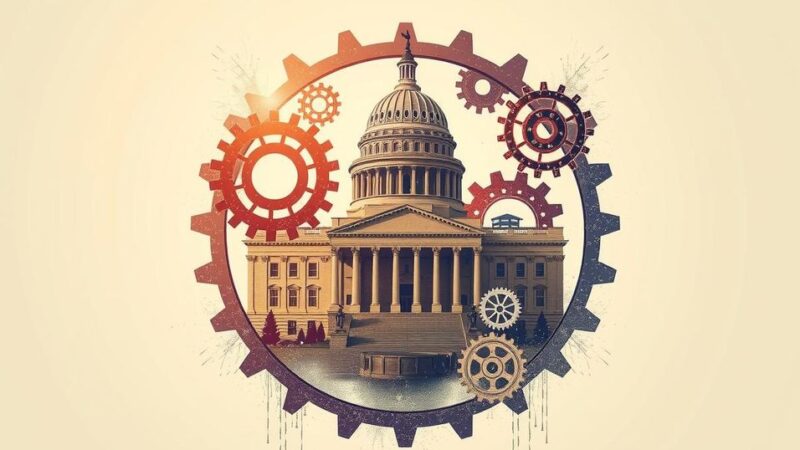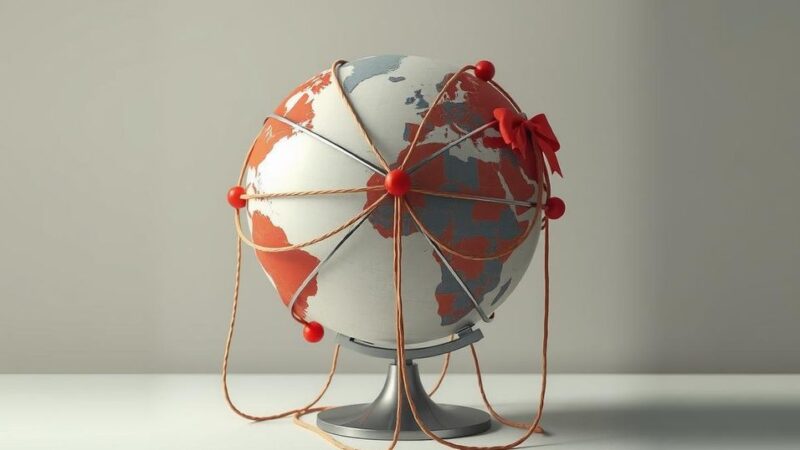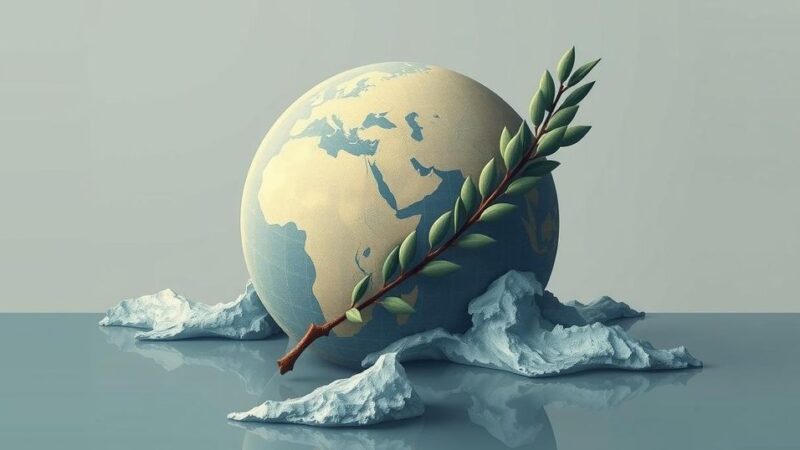UN rights chief Volker Türk cautioned that without international intervention, the crisis in DRC could worsen due to ongoing violence from the Rwanda-backed M23. Nearly 3,000 fatalities have been reported since late January amid severe humanitarian violations, including sexual violence. The DRC’s Minister of Communications condemned foreign support for armed groups, while Rwanda denied the accusations, claiming threats from Kinshasa’s forces. Calls for immediate humanitarian access and global advocacy are essential to address the humanitarian crisis.
The ongoing violence in eastern Democratic Republic of the Congo (DRC), exacerbated by the Rwanda-backed M23 offensive, has prompted alarm from UN human rights chief Volker Türk. He warned that the situation could deteriorate further without international intervention. Since January 26, nearly 3,000 people have been killed and almost 2,900 injured due to attacks from the M23 and allied forces, which have employed heavy weaponry in populated areas, intensifying conflicts with the DRC’s armed forces.
The conflict has persisted in the mineral-rich provinces of North Kivu and South Kivu, which have been unstable for decades due to numerous armed groups. Following the seizure of territories by M23 fighters, including areas around Goma, large-scale displacement has occurred, with many forced to abandon their homes. In response to the crisis, a draft resolution at the Human Rights Council session condemned Rwanda’s military support of M23 and demanded an immediate halt to hostilities.
Mr. Türk highlighted specific humanitarian violations, including the bombing of two hospitals in Goma, resulting in casualties, including vulnerable populations. He expressed grave concern over the incidents of sexual violence associated with these conflicts, noting that sexual assaults continue to rise alarmingly. Meanwhile, UN personnel are currently investigating numerous reports of rape and sexual exploitation in the affected zones.
Bintou Keita, the Special Representative of the Secretary-General in the DRC, described conditions in Goma as catastrophic, with dead bodies left in the streets and rampant human rights abuses reported. She noted alarming health risks due to ongoing violence, such as cholera and mpox resurgence, and stressed the urgent need for humanitarian access to Goma to alleviate suffering in the region.
In official remarks, DRC’s Minister of Communications condemned continued support for armed groups, particularly from Rwanda, attributing longstanding violence to these interventions aimed at resource exploitation. Conversely, Rwanda’s ambassador at the UN refuted these claims, asserting that an imminent attack was being planned against Rwanda by a coalition backed by Kinshasa, asserting that weapons were stockpiled at locations near the Rwandan border.
The human rights chief underscored the necessity for global action to resolve the protracted conflict in eastern DRC, highlighting the broader implications for consumers globally who benefit from resources sourced from the region. He stated, “The population in the eastern DRC is suffering terribly, while many of the products we consume or use, such as mobile phones, are created using minerals from the east of the country. We are all implicated.”
The escalating violence in eastern DRC, intensified by the M23 offensive and backed by Rwanda, has led to significant humanitarian crises and human rights violations. The UN officials stress the urgency of international intervention to address the situation and prevent further deterioration. Amidst these crises, acknowledgment of the global implications of resource exploitation remains critical.
Original Source: news.un.org
